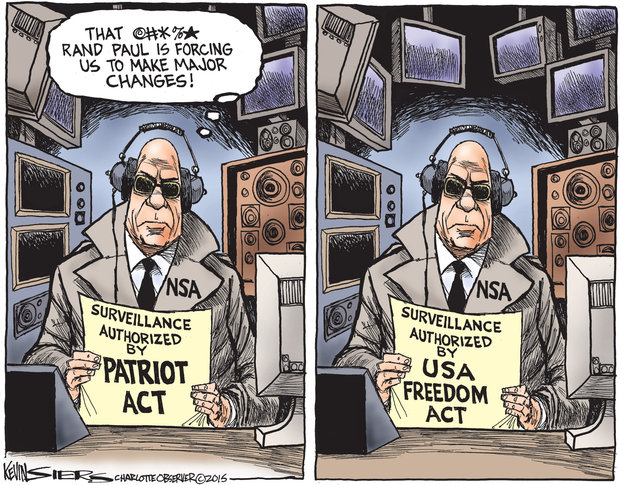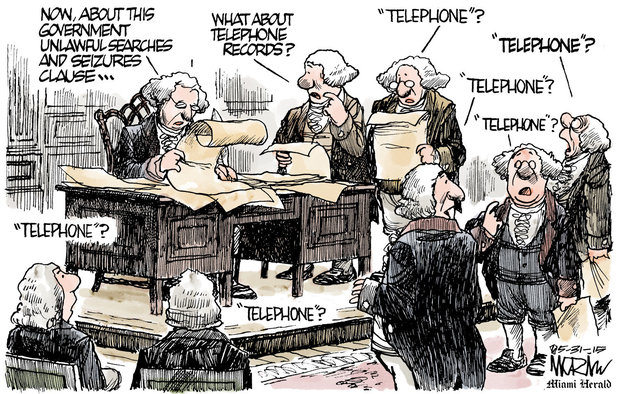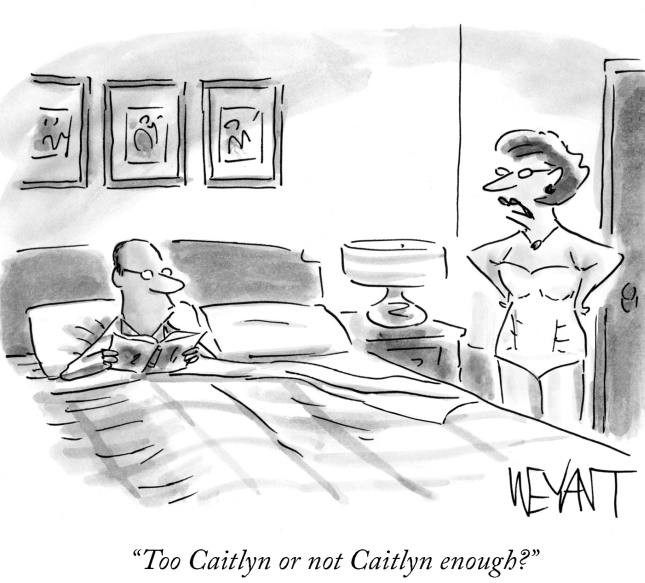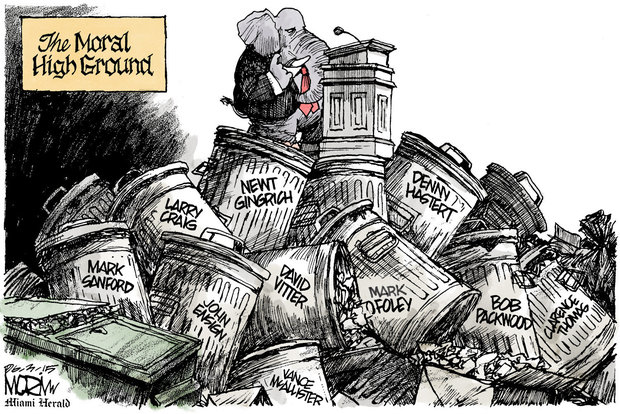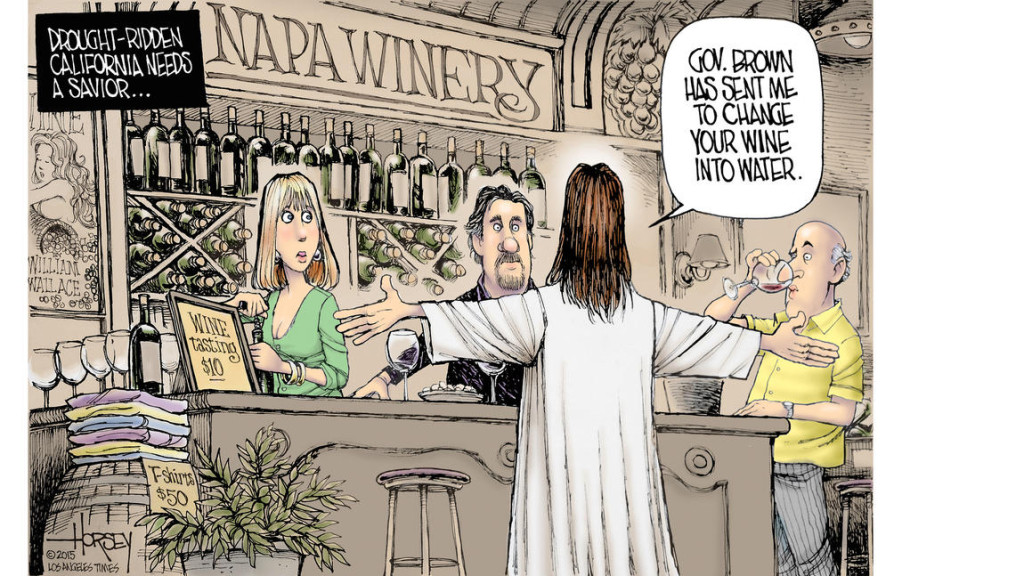Here are books that the Wrongologist read over the past few months. All were about war, both new and old, and all are highly recommended:
April 1865, The Month That Saved America by Jay Winik (2001). Richmond fell in April 1865. Followed by Appomattox. After that, there was Lincoln’s assassination, and a nearly-successful plot to decapitate the Union government. Then came the real possibility of prolonged Southern guerrilla warfare, which Jefferson Davis considered, and Lee would not. Had Davis decided on guerrilla war, it might have ended any chance at a national reconciliation. This is a great (and short) history of the end game of our Civil War.
The Republic of Suffering-Death and the American Civil War (2008) by Drew Gilpin Faust. It’s hard for us to appreciate just how deadly the Civil War was: 620,000 dead soldiers, (2% of the US population at the time), at least 50,000 dead civilians, an estimated 6 million pounds of human and animal carcasses to deal with on battlefields. When the war began, neither army had burial details, graves registration units, means to notify next of kin, or provisions for decent burial. They had no systematic way to identify or count the dead, and until 1867, no national cemeteries in which to bury them. In an unusual twist, in 1866, the Union Army opened an office in Ford’s Theater to record deaths, house the war records and assist families to find lost loved ones. In 1893, it collapsed, killing 22.
The mortality rate in the South exceeded that of any country in WWI. In addition, the South lost nearly 2/3rds of its wealth in the war.
Embattled Rebel (2014) by James M. McPherson. This short book lets you view the Civil War through the eyes of Jefferson Davis. Davis was an interesting character, he was a one-eyed and sickly micromanager.
McPherson shows how Davis gradually lost support of many Southern politicians, and a few of his generals. He was a West Point graduate, he had fought alongside many Civil War generals on both sides, and he appointed generals who were his West Point buddies. He had long personal feuds with General P.G.T Beauregard, and later, with General Joseph Johnston. Both would not keep Davis informed of their maneuvers, their true troop strength, or their tactics. McPherson summarizes the flawed strategic and logistics position of the Confederacy: The lack of well-trained, well-armed men, the lack of effective railroads, and the lack of usable waterways. The Confederacy started the war undermanned, understaffed, and under-equipped, and it went downhill from there.
Here are three books about the Afghan and Iraq wars, two that deal primarily with Post Traumatic Stress Disorder (PTSD) and Traumatic Brain Injury (TBI), and one that deals with official corruption.
Redeployment (2014) by Phil Klay. Redeployment is a collection of stories around the experience of soldiers in the Iraq and Afghanistan wars. These stories have no sappy sentimentality or macho muscle-flexing. They are as real and honest as anything you’ll find being written about how these wars have affected America’s young men and women who were sent there, often multiple times, and who have been irrevocably changed by it. A shattering, must-read book.
Fire and Forget: Short Stories from the Long War (2013) Edited by Matt Gallagher. This collection offers a deeply personal look at the human ravages of our Middle East wars; the impact of fear, violence, destruction and death on its warriors, both male and female alike. It portrays PTSD as a nightmare; the psychic suffering of re-integrating into society with brain injuries, trauma such as faces burned off or limbs and genitals blown away. This is truth-telling that only those who were there can write. “Play the Game“, by Colby Buzzell shows the ball of emotions a combat vet experiences as he wanders around Los Angeles in a fog. Mariette Kalinowski’s amazing story, “The Train“, is perhaps the collection’s most affecting story. If there are Americans who still mistakenly believe that women weren’t damaged by serving in combat, they need to read “The Train” to see how PTSD is not an illness of just one gender.
Pay Any Price: Greed, Power and Endless War (2014) by James Risen. Risen reveals a litany of the unseen costs of our war on terror: From squandered and stolen money, to abuses of power, to wars on decency, and truth, all in the name of fighting terrorism. Risen makes two overarching points: First, the enormity of waste and corruption generated during the Bush/Cheney invasion of Iraq. Consider: The US government, eager to reflate Iraqi currency post-Saddam, sends plane after plane load filled with US hundred-dollar bills from the US to Baghdad. Why? Because printing new Iraqi Dinars would take too long. A large proportion of that cash simply goes missing.
Second, Risen makes the point that the false legitimacy of surveillance and torture as promulgated by GW Bush, Cheney, the CIA, NSA and their Justice Dept. acolytes that morphed our security apparatus into one that believes total surveillance of American citizens is not only desirable, but necessary.
Our government has done some things that are as shameful as those of its wartime enemies. And it has worked very hard to cover them up.
What are you reading?


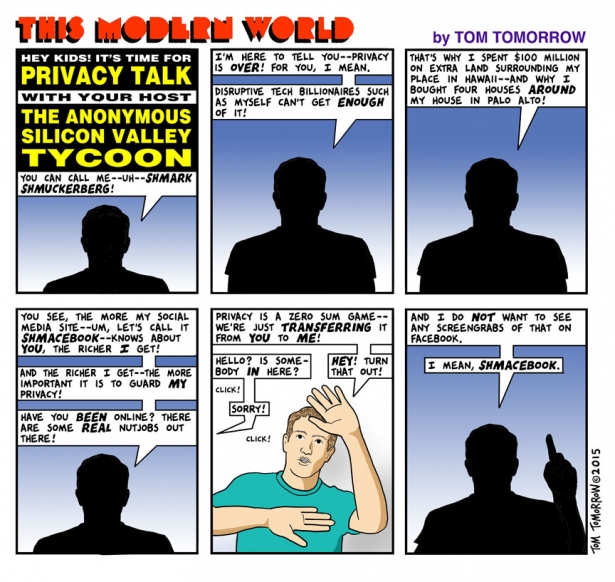 In other news, Caitlyn Jenner dominated:
In other news, Caitlyn Jenner dominated:
